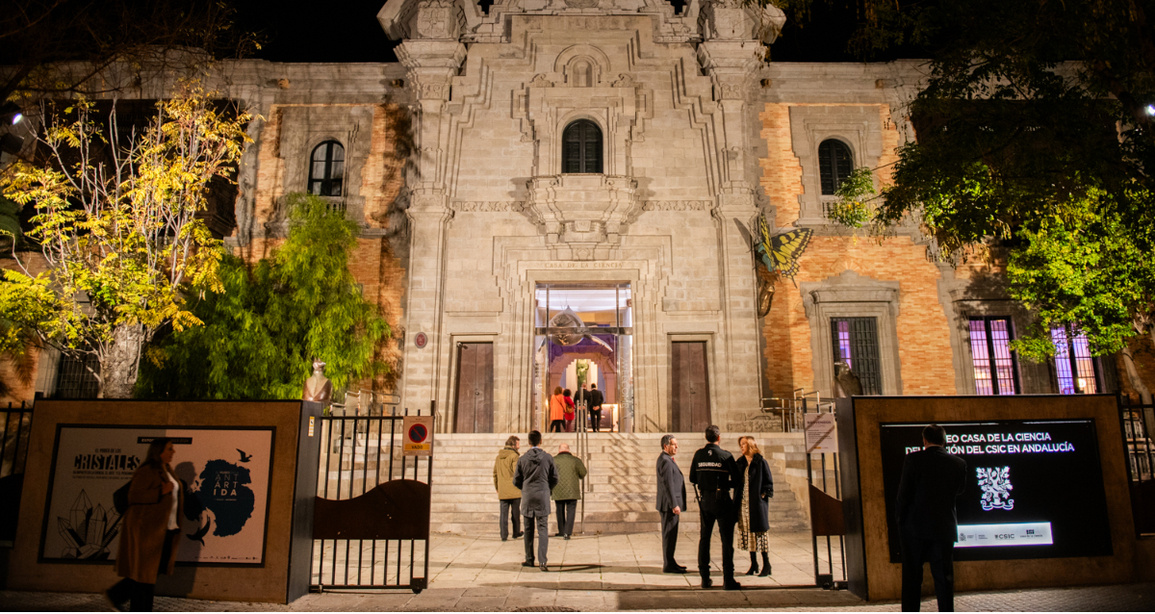
|
10 noviembre 2023
The meeting, held in collaboration with the Ministry of Science, took place in the Peruvian Pavilion built for the Ibero-American Exposition of 1929. This building represents the richness of its culture and is currently the House of Science. As stated by the president of Hispasat, Jordi Hereu, “past and future united in this place, as a symbol of the new frontiers that we can discover together.”

The Science Museum was in charge of reminding us how the promotion of science and cultural exchange have been the pillars of relations on both sides of the Atlantic.
Thus it became an evening full of symbols, as Jordi Hereu stated. The visit to the Planetarium showed us the new worlds that are yet to be discovered. Understanding the cosmos has been a challenge for humanity since ancient times, as indicated by the name of the constellations, which have served as a guide to navigators for generations, with the North Star for the North and the Southern Cross for the South. world.
Furthermore, the exhibition on display at the Science Museum about Antarctica served as a reference for the alliances that humanity can reach to preserve a common future. This has been possible in a territory that is a world heritage site. For this reason, many experts consider that it should be the mirror in which space should be looked at to resolve what should be its rules of the game and thus establish the balances that have yet to be determined.
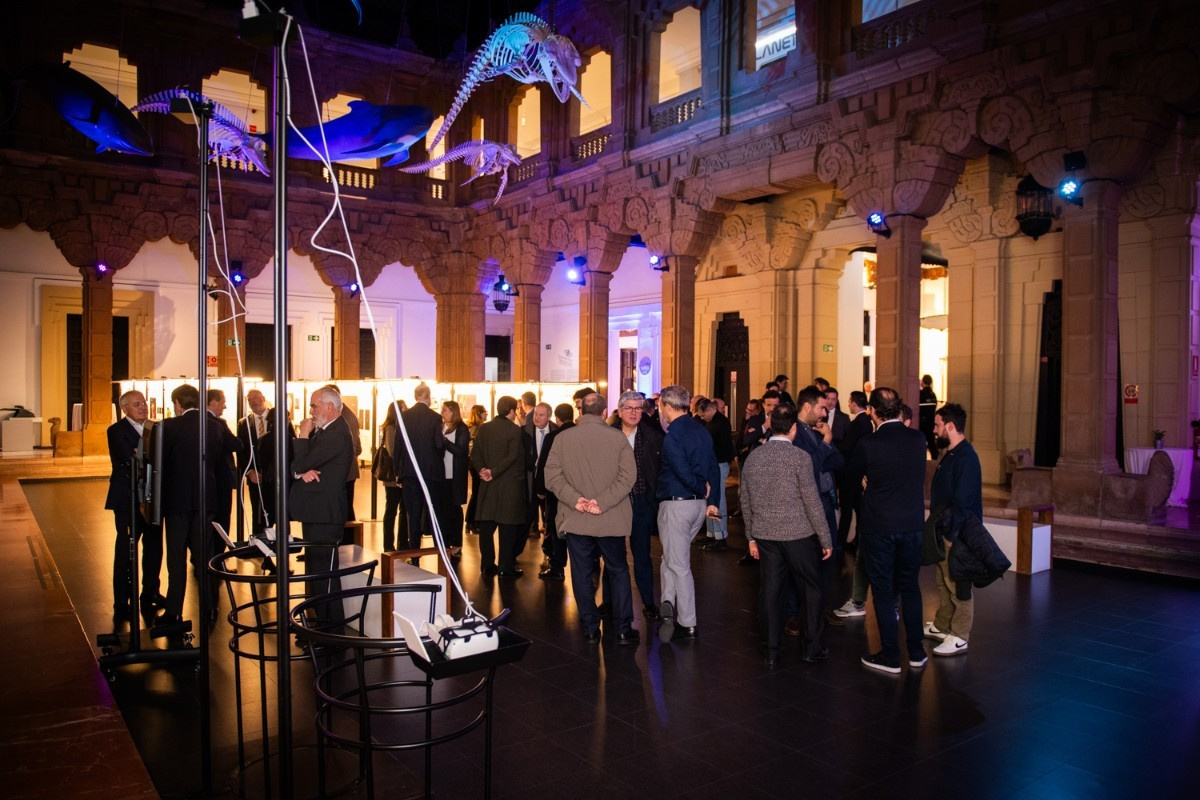
The President of Hispasat explained that the aerospace industry is in a moment similar to what the telecommunications industry experienced twenty years ago. To avoid large investments and achieve greater efficiency, operators and manufacturers decided to share infrastructure. Following this experience, it is not necessary for each country to launch its own satellite, since perfectly different missions from different countries can be embarked on them.
For this reason, the delegations of Ibero-American and European countries explore the possibilities of participating jointly in projects to discover the possibilities that space provides in data transmission.
Jordi Hereu insisted that investment in telecommunications infrastructure is one of the main levers to achieve an increase in productivity in the Latin American economy and ensure its digital transformation.
As Jordi Hereu explained, satellite internet connection provides early victories, because the infrastructure already exists, is working and facilitates connectivity in remote places universally and immediately. “With satellite connectivity it is possible to ensure that throughout Latin America, regardless of where they live, all citizens have the same opportunities for personal development, education and access to healthcare.”
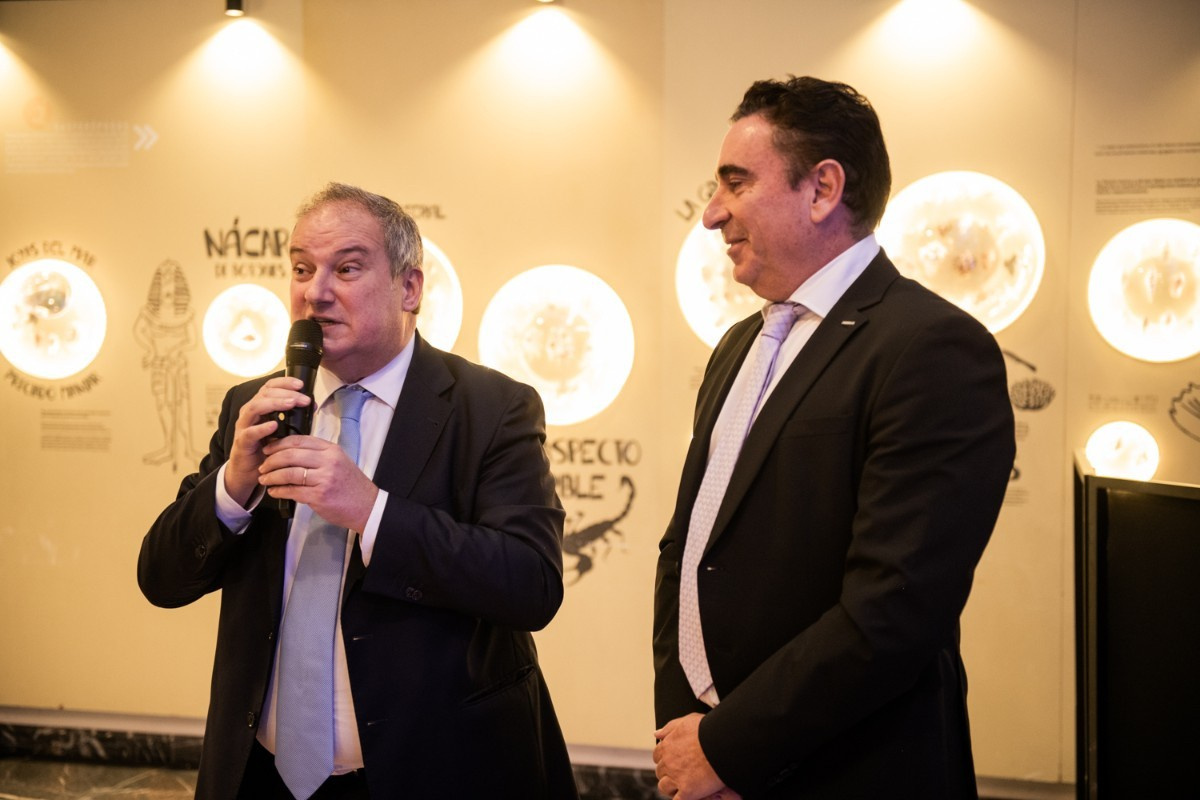
He added that “Internet access is as important today as a driver of social development as electricity was just over 50 years ago. The pandemic has allowed us to become aware of this technological change and has made us visualize its importance with enormous starkness.”
In this sense, he explained that Europe has implemented a pioneering project in Spain, the Single Rural Demand Program, which we commercially call “Conéctate35”. With Next Generation European funds, internet access is financed for the end user in order to close the digital divide. To facilitate the implementation of the program, the installation of the antenna and router is financed, as well as part of the monthly connection cost and all subsidies are managed by the installer.
A program that, he said, could be a benchmark for Latin America. In fact, he added, the internet connection is the first step on the ladder to access the digital industrial revolution. To the point that the absence of connectivity has become an insurmountable barrier to joining the digital economy that is now a reality.
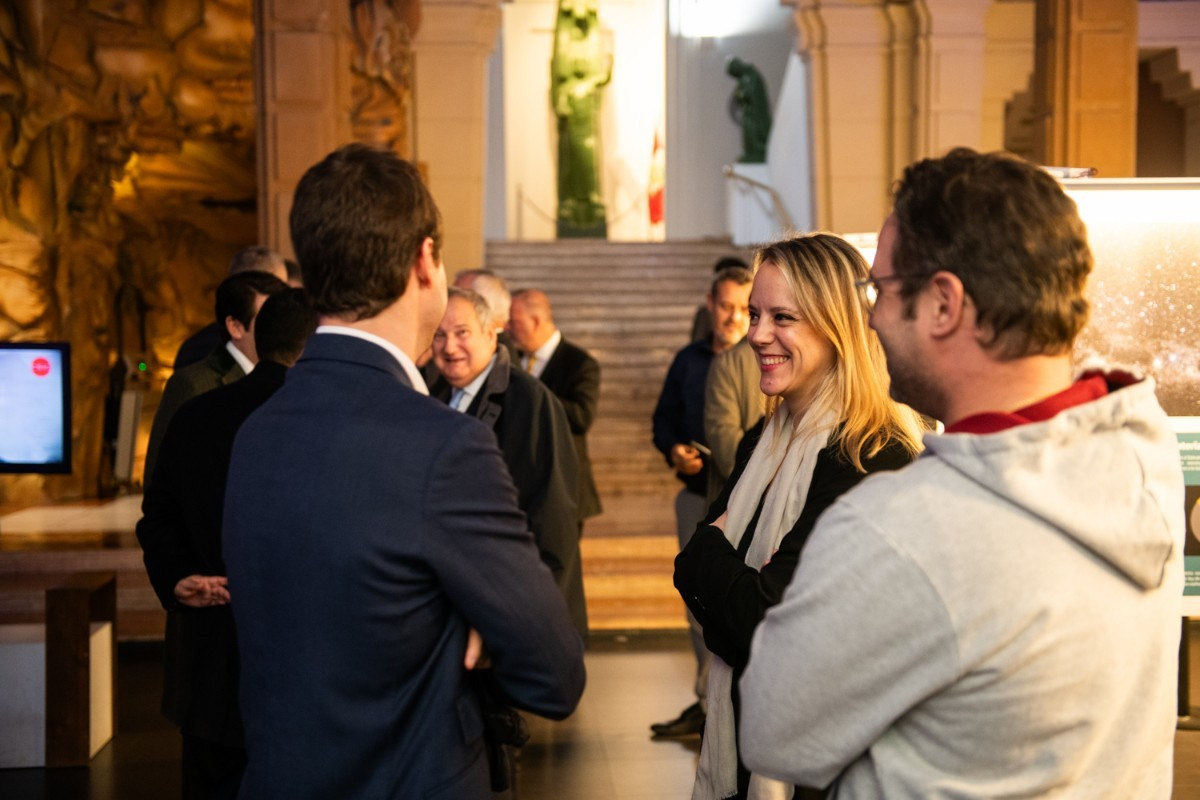
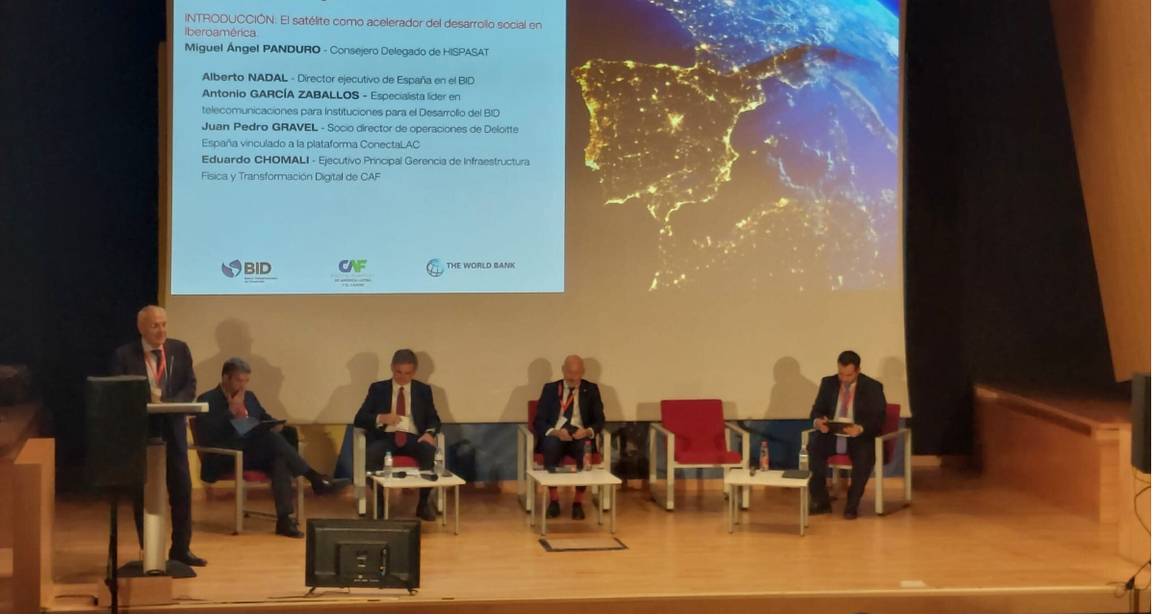
07 noviembre 2023
When we talk about social development we talk about improving the living conditions of citizens and countries. We are referring to access to education, healthcare and all the possibilities provided by the digital economy of the 21st century. In the words of Alberto Nadal, executive director of Spain at the Inter-American Development Bank, "the importance of connectivity is like that of roads in the past."
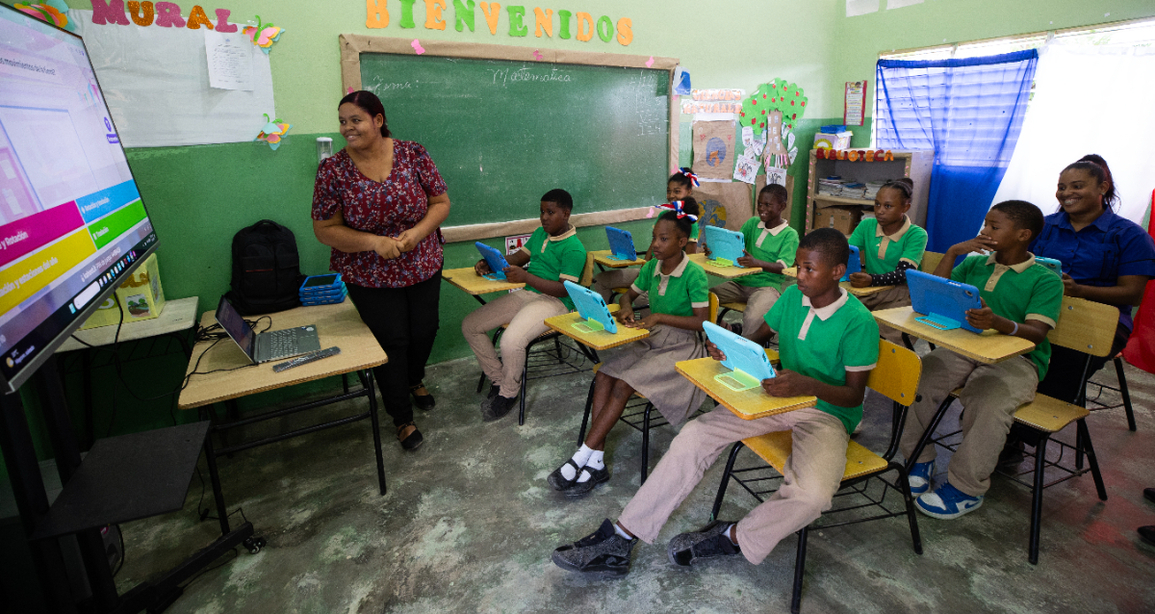
We deployed three digital classroom pilots with the government of the Dominican Republic in rural schools in the country that lack connectivity.